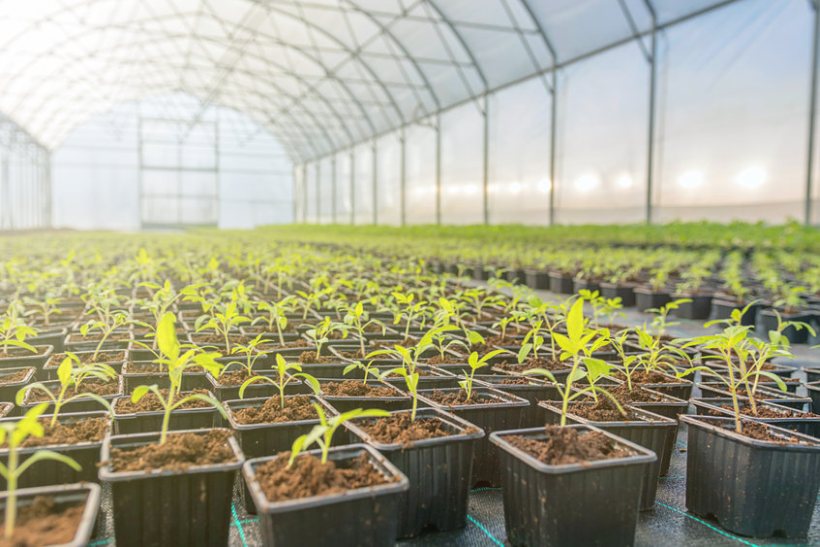
Growers are set to save thousands of pounds following changes to the border inspection regime for young plants after successful NFU campaigning.
The changes will introduce a flat-rate inspection fee of around £27 for all imports of young plants, regardless of their destination.
This is reduced from around £200, a move which will result in a significant saving for British growers.
The NFU highlighted to Defra the 'unfairness' in the previous inspection regime, which charged a significantly lower inspection fee of around £20 for plants destined for retail.
The union urged the government to instead introduce a flat-fee for all inspections, regardless of destination.
NFU horticulture board chairman, Martin Emmett said the development was a 'significant victory' for growers, saving them thousands of pounds.
"[It will] move away from an inspection regime that unfairly penalised growers importing plants," Mr Emmett said.
“This is a great example of government understanding growers’ concerns and finding a practical solution that works for both growers and retailers.
“While it is only temporary, until the cost of the plant import process post-Brexit can be fully assessed, I know growers will be pleased with this announcement, particularly given the backdrop of rapid inflation increasing costs.
“There remains work to be done on other border issues, such as handling charges at ports1, and the NFU is continuing to receive clarification on these as soon as possible.”
From 1 July, Border Control Points will be introduced for goods coming into GB. Importers bringing plants and plant material into the UK will have to go through them.
Currently, government has yet to publish any guidance on how businesses use the service, including how product flows into and out of the points, how much the service will cost growers to use and how its protocol will work regarding biosecurity.
